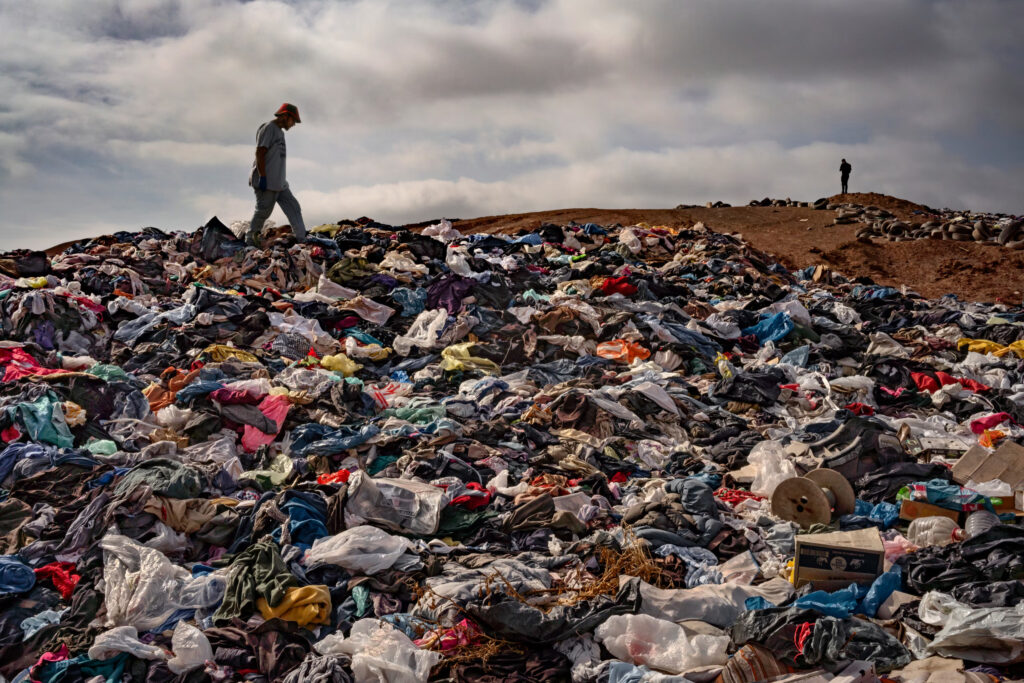Where Did It Originate?
You might wonder about the origins of flex culture. You may even ponder why it seems problematic when it has been a part of human behaviour decades ago. Historically, people have adopted various fashions that suited them in different contexts. They would prepare diverse foods to share within their communities. Furthermore, it was quite normal to acquire utensils to decorate their homes or add vibrancy to their kitchens.
In essence, everything about our current state and the traditions ingrained in our culture, religion, race, and ethnicity stems from this practice of flexing. When someone voices an opinion, others often follow, creating enduring customs that shape lives until the end. However, in today’s world, flexing has become a significant issue, leading to problems that did not exist in the past.
Consequences:
You may still be questioning why it is problematic in the modern era. After all, buying new items is not a crime. And indeed, it should not be considered a crime because everyone has the right to buy and flaunt what they desire. Yet, there are issues that we face daily that are changing our lives—not for the better, but for the worse.
With the advent of technology, problems have also rapidly increased. This advancement does not solely relate to large-scale machinery and automation but also to the internet—a platform upon which billions rely for information and staying abreast of global developments. Previously, television and radio provided updates, while handwritten letters facilitated communication.
Technological progress has unquestionably revolutionized our lives, making information more accessible. However, it has also birthed numerous problems, none related to natural occurrences or climate change but rather to psychological afflictions stemming from excessive flexing in our modern world.
From YouTubers and Instagram bloggers to major corporations and small enterprises, musicians and artists, the fashion industry and modelling agencies, writers, and public speakers—all contribute significantly to the culture of flexing. This is not to say they commit a crime, but their activities inadvertently contribute to the rise in mental health issues within our communities through their excessive flaunting and constant pressure to purchase or join this race.
Urban Dictionary offers another definition of flexing that explicitly highlights the flaunting done by renowned YouTubers, transforming their channels into showcases for brands’ products. Consequently, their content revolves around materialism and a lavish lifestyle.

Renowned Instagram models and bloggers also play a pivotal role in perpetuating flex culture. They not only flaunt their luxurious lifestyles but also showcase products gifted by brands or companies to promote themselves and gain additional benefits.
This pattern extends to other influencers, including writers and speakers, who introduce and flaunt logos and brands to their followers, compelling individuals from all economic strata to purchase these products due to the allure created by high-resolution graphics and media content, without considering the impact on the mental health of an entire generation.
What Is The Impact?
The issue lies not in flexing itself but in its excessiveness. Influencers often flaunt products they have not purchased, showcase rooms filled with multiple units of a single item, and continually post about upcoming trips, their lifestyles, and their branded clothing and accessories, whether local or international.
They dine at branded restaurants and hotels, showcasing their meals and accommodations, and post incessantly about their travels, inundating their stories with updates on their activities.
“After over 200 studies, we know that the more people endorse materialism, the worse their well-being. They’re less empathic, less prosocial, and more competitive. They’re less likely to support environmental sustainability. They’re more likely to endorse prejudicial and discriminatory beliefs.” – Psychologist Tim Kasser
Flexing, which essentially means “showing off,” is not inherently problematic in the modern world, but it becomes profoundly challenging for those who cannot afford even a single product.
What Could Be The Result Of All This?
How Does Excessive Flaunting Negatively Affect Human Life?
Impact On The Middle Class:
In this era of modernity, glamour, and lifestyle aspirations, many people fall victim to severe mental illnesses such as depression. They find themselves powerless in the face of the opulent lifestyles they cannot afford, leading to psychological pressures that endanger them. These pressures manifest as inferiority complexes or feelings of devaluation simply because they lack the financial means to participate.
The inflationary pressures imposed on the middle class restrict their lifestyles. However, continuous exposure to extravagant displays of wealth through excessive flexing often compels them to purchase solely because of branded logos endorsed by influencers or public figures.
How It Affects Mental Health?
The impact of flex culture extends beyond simply compelling individuals to purchase material goods. Influencers’ continuous display of high-priced items persuades others psychologically to follow suit, regardless of their financial situation. This relentless pressure often leads to feelings of shame and inadequacy among those unable to afford such products, ultimately contributing to increased suicide rates.
Children’s Health:
Amidst the surge of fashion and modern lifestyles, many parents inadvertently subject their children to a race for glamour and affluence in an attempt to alleviate economic burdens and secure what they deem a peaceful existence.
Excessive exposure to television and online media not only shapes children’s thoughts and speech but also jeopardizes their development in terms of puberty and maturity.
In addition to imparting manners, education, respect, and ethics, parents unwittingly expose children to platforms like Instagram and YouTube, where they are encouraged to flaunt their innocence across the internet. Little do they realize that while these moments may be fleeting, the long-term effects on mental health can be irreparable.
Children are increasingly immersed in media content, including influencers promoting fashion, beauty, and entertainment, which instils a desire for wealth and lifestyle. This, in turn, pressures parents to meet their children’s materialistic demands, overshadowing the value of simpler lifestyles conducive to peaceful living.
Environmental Impact:
In the era of technological advancement, the proliferation of new brands and products annually worsens environmental degradation by neglecting to recycle older goods. The constant display of branded logos and slogans on social media fosters a throwaway culture, where perfectly usable items are discarded due to the allure of new trends.
This isn’t limited to clothing brands alone; emerging influencers across diverse fields, whether motivational speakers, life coaches, writers, or podcasters, contribute to flex culture by showcasing and promoting products. This perpetuates consumerism, worsening environmental harm through the excessive production of plastics and textile waste, which disrupt ecosystems.

Role Of YouTube Or Instagram Influencers:
Most influencers, whether on YouTube or Instagram, often promote products they haven’t purchased themselves. They rent items, falsely claiming ownership to build their fan base and attract more followers. These items are often counterfeit, posing risks such as skin allergies or contributing to environmental damage when disposed of after minimal use.
Upon gaining popularity, influencers negotiate commissions for promoting rented goods, unwittingly urging followers to purchase these items without considering their contributions to flex culture and the resulting mental health issues, such as inferiority complexes.
Influencers frequently showcase extravagant lifestyles, from dining at luxurious restaurants and staying in opulent hotels to presenting these as their everyday existence. This fosters a sense of inferiority among their followers, contributing to a rise in mental health issues like inferiority complexes.
How To Avoid And Protect Yourself?
In today’s flooded social media landscape, advertisements from brands and companies dominate, making it difficult to discern genuine content from sponsored posts. Social media platforms, including YouTube and Instagram, increasingly resemble shopping malls or highways lined with billboards. The constant bombardment of ads can constrain even the average person to make unnecessary purchases, simply due to their pervasive presence.
While completely avoiding this may seem impossible in our daily lives intertwined with social media, setting boundaries is crucial. Gratitude for what we already have and staying true to ourselves and our values are essential in mitigating the adverse effects of flex culture.
It’s imperative to realize that logos and brands do not enhance our lives. Fashion trends are fleeting, and personal style is subjective. We must acknowledge that true worth lies beyond material possessions.
Questions like how much money one has, what one wears, and where one works should not define one’s worth or happiness. These are transient aspects of life that hold no lasting value.
Social media has altered our perception of reality, fostering a fantasy that often obscures the true realities of our lives. Many influencers, despite projecting lives of richness, have admitted to feeling unfulfilled. Some have even withdrawn from their channels and accounts, despite lucrative brand demands, realizing the emptiness of their pursuits.
The solution lies in fostering genuine connections on social media, being authentic, and expressing gratitude for what we already possess. Spending less time on social media and more with family, and friends, and engaging in hobbies that bring joy without the need for approval or validation is crucial.
Pursuing activities that genuinely enrich our lives, devoid of concerns about money, impressing others, or conforming to societal norms, is key to finding lasting happiness and satisfaction.

